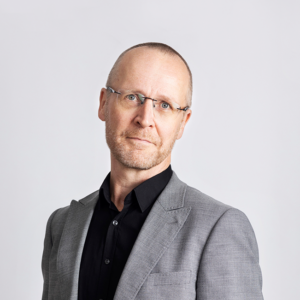The protests surrounding the regional elections in Moscow in the summer brought new features to Russia’s domestic political dynamics. Despite the authorities’ increasingly harsh measures against non-governmental political activities, mobilization of citizens against these measures appeared to be the largest since the 2011-12 protests. The regime’s repressive methods did not calm the situation as expected. Instead, these methods turned against themselves when hundreds of thousands of citizens as well as various occupational groups demonstrated an extraordinary solidarity for the arbitrarily arrested and condemned citizens.
The year 2019 in Russia has shown that protests have placed, at least in the short term, a constraint on the regime’s restrictive policies towards civil society, whether the issue is about arbitrary arrests, waste management or the public usage of urban space. Trends in public opinion have pointed in a similar direction, and it is legitimate to say that the so-called “Crimean consensus” is over. Are these changes more permanent and will the dissatisfaction seen in various parts of Russia expand in terms of the growing civic opposition to the regime? Will the Kremlin be able to fix its troubled authoritarian party system and restore the credibility of its politics of stability? Or, will the regime be forced to resort to increasingly repressive policies in sustaining its political legitimacy?




